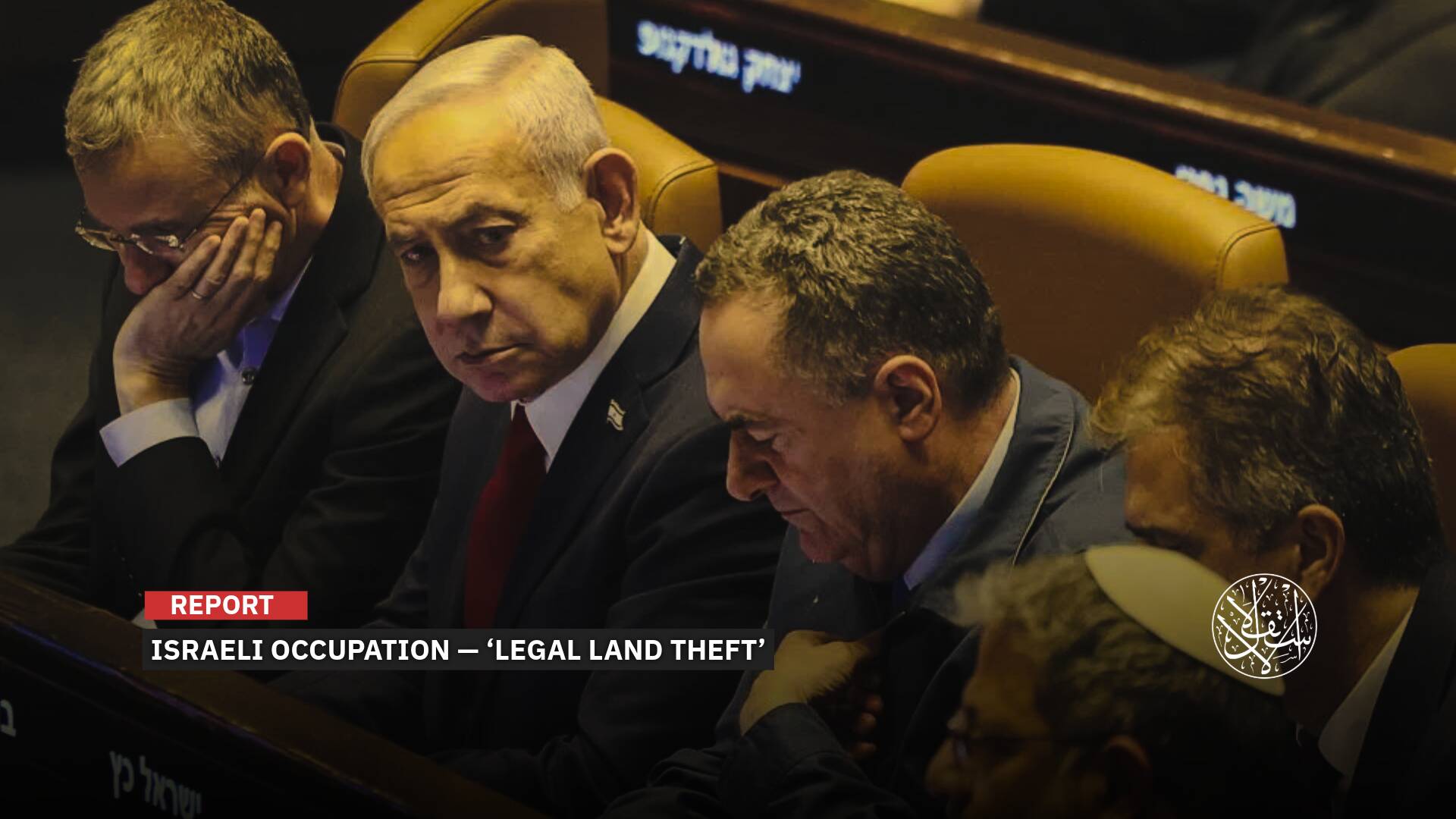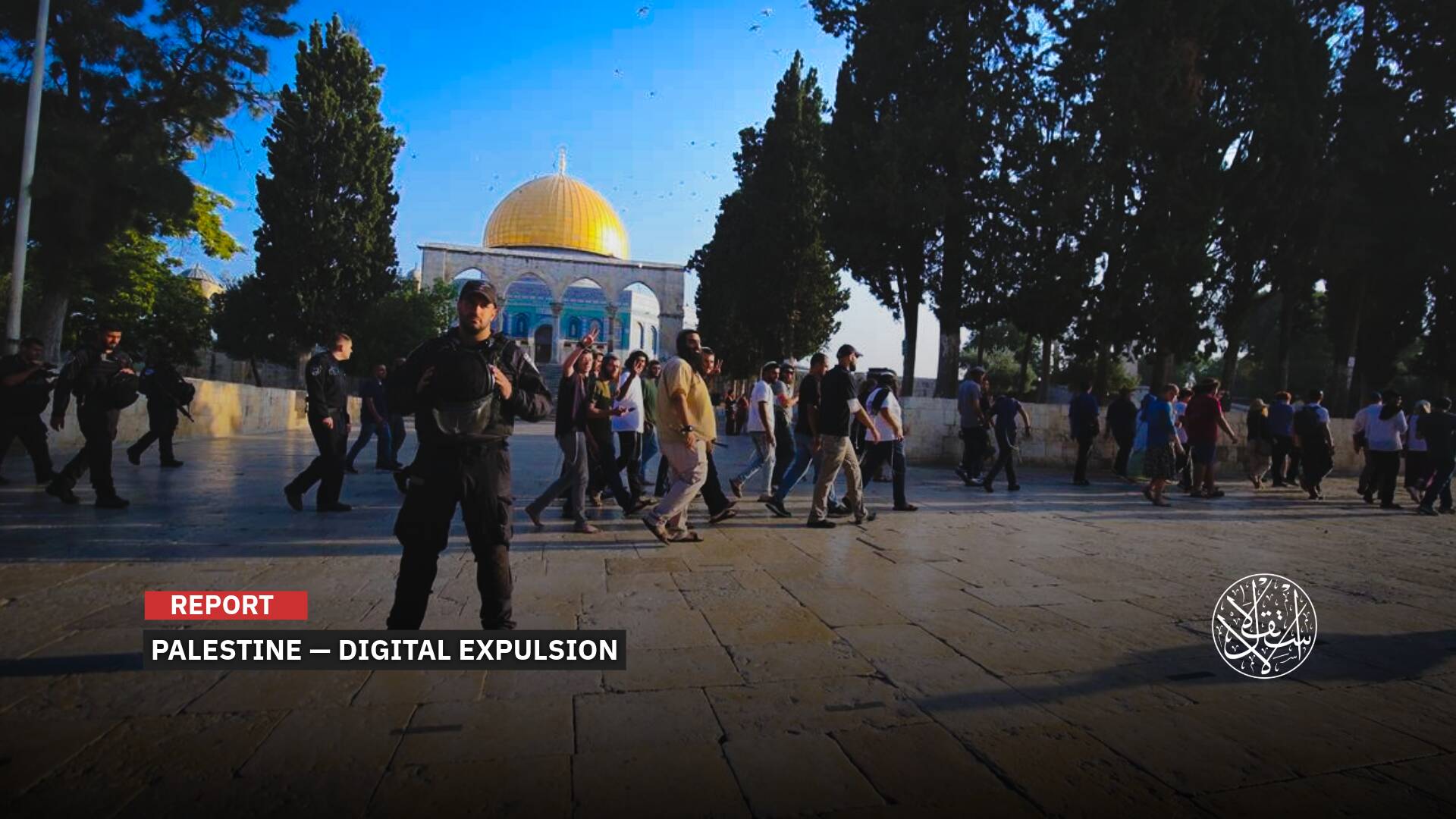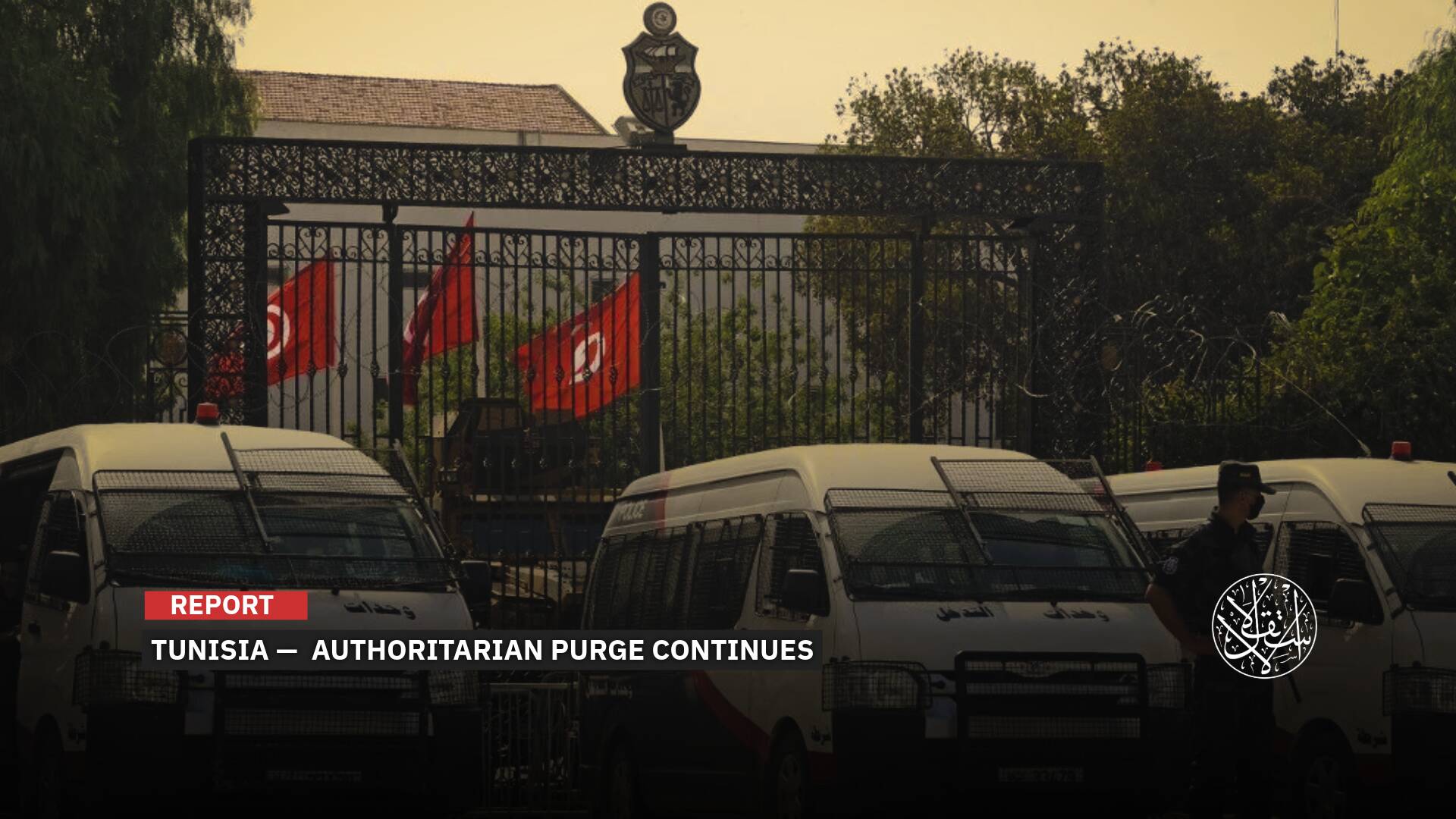'Military Coup in China': Who Spread the Rumor and What Is Behind Its Timing?

Since the return of Chinese President Xi Jinping to his country in mid-September 2022 after the end of a summit in Uzbekistan, rumors and news has spread that Beijing witnessed the first coup of its kind carried out by military personnel and that they placed the president under house arrest.
The confusion increased. A hashtag entitled China's coup was issued on Twitter, and news websites published news and details about this military coup amid the disappearance of the Chinese president from public view and the absence of any official statement confirming or denying what was rumored.
The Chinese president's absence from a Communist Party military seminar on September 21, coinciding with the cancellation of thousands of plane flights, also fueled speculations.
Before the spread of the allegations about the coup, a campaign of dismissals took place against senior officials in China, which increased the turmoil ahead of the important conference of the ruling Communist Party in China in October 2022.
Observers said Ping's dismissal decisions were aimed at eliminating political rivals and crushing a pro-democracy movement in Hong Kong ahead of the Chinese Communist Party's once-in-five-year meeting on October 16.
Speculations emerged linking the alleged coup and these dismissals, and the expectations that the Communist Party Congress would prevent President Ping from serving for a third term in an unprecedented event in the country, accompanied by the Chinese military's refusal to maintain him in power.
The 69-year-old formerly repealed laws that prevented the president from serving more than two terms, but in 2018 allowed him to serve a third five-year term.
The rumor of the president's arrest ended when the Chinese president appeared on September 27 while visiting an exhibition in Beijing, according to state television—yet the controversy over the power row did not end.
Western experts say that the Communist Party Congress is a secret process of distributing power, the results of which are not announced, and the distribution of senior positions resulting from it until the last day.
The government has tightened its control over the internal public discourse in recent weeks, and the closer the meeting takes place, the more it crushes opposition voices, according to Western press reports.
A Coup in China?
The story began after a tweet posted by prominent Chinese opposition and human rights activist Jennifer Zheng, a video clip described as queuing for buses to put the Chinese president under house arrest.
#PLA military vehicles heading to #Beijing on Sep 22. Starting from Huanlai County near Beijing & ending in Zhangjiakou City, Hebei Province, entire procession as long as 80 KM. Meanwhile, rumor has it that #XiJinping was under arrest after #CCP seniors removed him as head of PLA pic.twitter.com/hODcknQMhE
— Jennifer Zeng 曾錚 (@jenniferzeng97) September 23, 2022
Hundreds interacted with the tweet published by the Chinese opposition, which coincided with the cancellation of thousands of flights in China without an apparent reason for this being announced.
Taiwanese and Nepalese media also reported a coup in China and put President Xi Jinping under house arrest. Indian media and activists have extensively promoted the rumor of the arrest of the Chinese president.
The rumor spreader said that members of the Standing Committee of the Political Bureau of the Communist Party unanimously agreed to withdraw the military authority from the Chinese president while he was abroad, and when he returned to Beijing on the night of September 16, he was taken from the airport to house arrest.
India's multilingual website WION noted on September 26 that the rumors started just two days after top security officials were imprisoned for corruption in China.
The correspondent of the German magazine Der Spiegel in Beijing, Georg Fahrion, tweeted on September 25 the manifestations of the coup accompanied by pictures.
Today in Beijing, I investigated the #chinacoup so you don’t have to. At considerable personal risk, I ventured out to some neuralgic key points in the city. Disturbing finds. Brace yourselves. /1 pic.twitter.com/z4CJYpQbbk
— Georg Fahrion (@schorselysees) September 25, 2022
He talked about the control of an elite group of Chinese paratroopers, disguised as cunningly, at the gate of the Chinese leadership and the presidential complex.
He spotted thugs belonging to the Chinese authorities teeming with the neighboring Tiananmen Square in civilian clothes, stressing that these were not tourists.
He also noted the spread of rebels in military uniforms who guard the headquarters of the state media network and control the electricity supply in the capital.
Ambiguous Denial
The Chinese presidency website attempted to publish the president's latest activity on September 22, following the escalation of news of the alleged coup.
It said Ping sent a message to Chinese farmers on the occasion of their fifth annual festival, but he did not appear.
On September 24, 2022, the official Chinese news agency Xinhua published a story about the Chinese president's celebration of the Chinese Peasant Feng Shui Festival and said that he met with farmers from all over the country.
Xinhua quoted Ping as calling on Party committees and the government to comprehensively implement the Party's policies and decisions to enhance guarantees of food security, stabilize the basic situation of agriculture, and consolidate and expand the achievements of poverty eradication.
The correspondent of the Russian Novosti agency in Beijing reported on September 24 that the situation in the Chinese capital is normal, and the population is carrying out their daily work as usual, denying the rumors of a military coup.
China announced that residents of the Chinese capital are actively preparing for Golden Week, a seven-day public holiday marking the 73rd anniversary of the founding of the People's Republic of China, which falls in early October 2022.
The website Outlook India, on September 25 quoted experts assuring that there is no concrete evidence of a coup or any turmoil in China.
It explained that the Twitter accounts that promoted the coup, with several thousand followers, did not provide any updates on the details of the alleged post-coup and that most of these accounts were of anonymous users.
An analysis of the data of one of the most prominent hashtags promoting these rumors, the China Coup or #ChinaCoup, showed that more than 39,000 tweets and 30,000 retweets had been written about it.
India topped the countries of the accounts participating in the hashtag with 32% of the tweets, followed by the United States of America with 24%, and then Nigeria. Famous Indian channels promoted the coup in China as if it had already occurred.

Some anonymous accounts also shared videos of military movements and explosions that they claimed were in Beijing, and one of the most popular clips, with nearly 300,000 views, showed a night explosion.
Observers linked these rumors to the Taiwan crisis and the leaking of Chinese and Taiwanese parties opposed to Beijing. This unreal news was a part of the Western media war against the Chinese Communist Party.
Although the rumor of the coup ended with the official appearance of the Chinese president, Western and Asian media outlets continued to indicate that what was rumored about a coup may be seen as a conflict within the Chinese leadership.
This prompted the British newspaper The Guardian to talk on September 26 about China's transformation into an incubator for rumors and conspiracies ahead of the crucial Communist Party congress to extend the Chinese president's term for a third term.
Sources
- China Coup: Beijing hiding something BIG? Xi Jinping is in DEEP TROUBLE? What rumours suggest
- Xi Jinping Trends Online Amid Coup Rumors, Canceled Flights
- Fact Check: Is China Having A Coup And Is Xi Jinping Under House Arrest? Here's What We Know
- China becomes ‘hothouse’ of intrigue ahead of crucial Communist party congress
- The truth behind 'China coup' and Xi Jinping being 'under house arrest'. Did social media cross the line?











